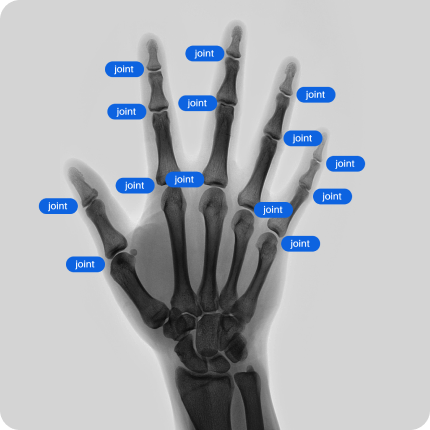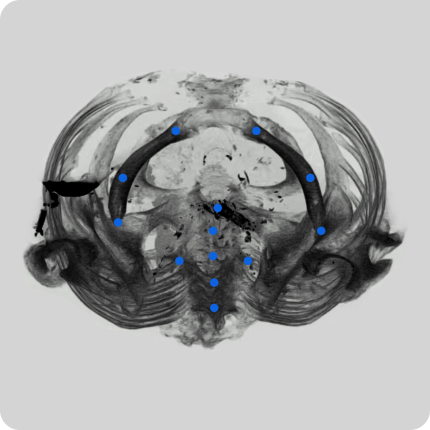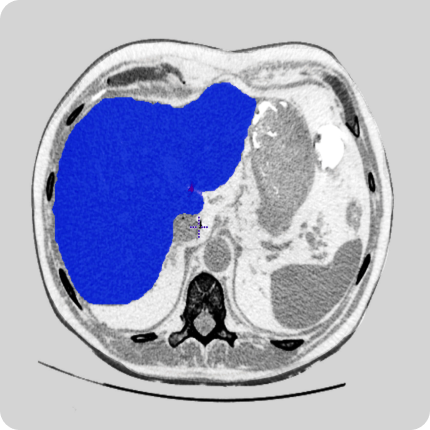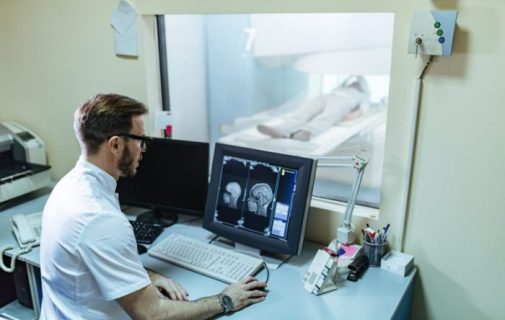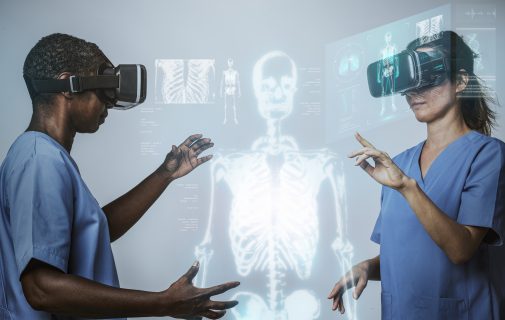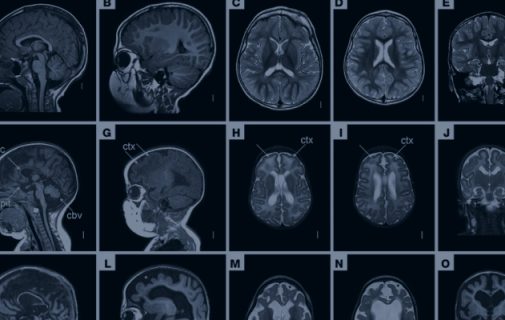
The Foundation of Digital Hospitals
Digital hospitals are built on a foundation of cutting-edge technologies that seamlessly integrate into every aspect of patient care. Some of the key components include:
Electronic Health Records (EHRs): EHR systems have become the backbone of digital hospitals. They enable healthcare providers to access a patient’s complete medical history, including past treatments, test results, and medications, at the touch of a button. This not only streamlines decision-making but also reduces the risk of errors.
Telemedicine and Remote Monitoring: The digital hospital of the future leverages telemedicine and remote monitoring solutions to extend care beyond the hospital walls. Patients can consult with healthcare professionals via video calls, and wearable devices continuously monitor vital signs, sending real-time data to healthcare providers.
Artificial Intelligence (AI) and Machine Learning: AI-driven algorithms are used to analyze vast amounts of medical data, helping with diagnosis, treatment planning, and predicting patient outcomes. Machine learning algorithms can detect patterns and trends that humans might miss, leading to more accurate and timely interventions.
IoT (Internet of Things): The IoT enables the connectivity of medical devices, such as infusion pumps, ventilators, and even beds, to a central system. This connectivity allows for remote control and monitoring, ensuring that equipment is used optimally and safely.
Blockchain Technology: Blockchain provides secure, immutable, and transparent record-keeping. In healthcare, it can be used to manage patient records, ensuring data integrity and privacy.
Benefits of Digital Hospitals
The digitalization of healthcare offers numerous benefits, both for patients and healthcare providers:
Improved Patient Experience: Digital hospitals prioritize patient-centered care. Patients have easy access to their health records, can schedule appointments online, and communicate with their healthcare team through secure messaging platforms. This results in more personalized and convenient care.
Enhanced Efficiency: Automation of administrative tasks, such as billing and appointment scheduling, reduces administrative overhead, allowing healthcare providers to allocate more time to patient care.
Better Diagnosis and Treatment: AI and machine learning algorithms can analyze vast datasets quickly and accurately, aiding in the early diagnosis of diseases and suggesting tailored treatment plans. This can lead to better patient outcomes and reduced healthcare costs.
Remote Monitoring: Patients with chronic conditions can be continuously monitored, allowing for early intervention if their condition worsens. This reduces hospital readmissions and emergency room visits.
Data Security and Privacy: Blockchain technology ensures that patient data is secure, protecting sensitive medical information from data breaches.
Challenges and Considerations
While the digital hospital concept is promising, it comes with several challenges:
Cost: The initial investment in digital infrastructure can be substantial. Hospitals need to allocate resources for training staff and maintaining and upgrading technology.
Interoperability: Ensuring that different systems and devices can seamlessly communicate with one another is a significant challenge. Standardization and compatibility are crucial.
Data Security: With the increasing use of technology, the risk of data breaches and cyberattacks also rises. Robust cybersecurity measures are imperative.
Patient Engagement: Encouraging patients to embrace digital healthcare solutions and ensuring they have the necessary access and digital literacy is essential.
Conclusion
The digital hospitals of the future are reshaping the healthcare landscape by harnessing the power of technology to provide more efficient, patient-centric, and accessible care. While there are challenges to overcome, the potential benefits are undeniable. As technology continues to advance, we can expect to see a healthcare system that focuses on prevention, early intervention, and a seamless patient experience, ultimately leading to better health outcomes for all.

